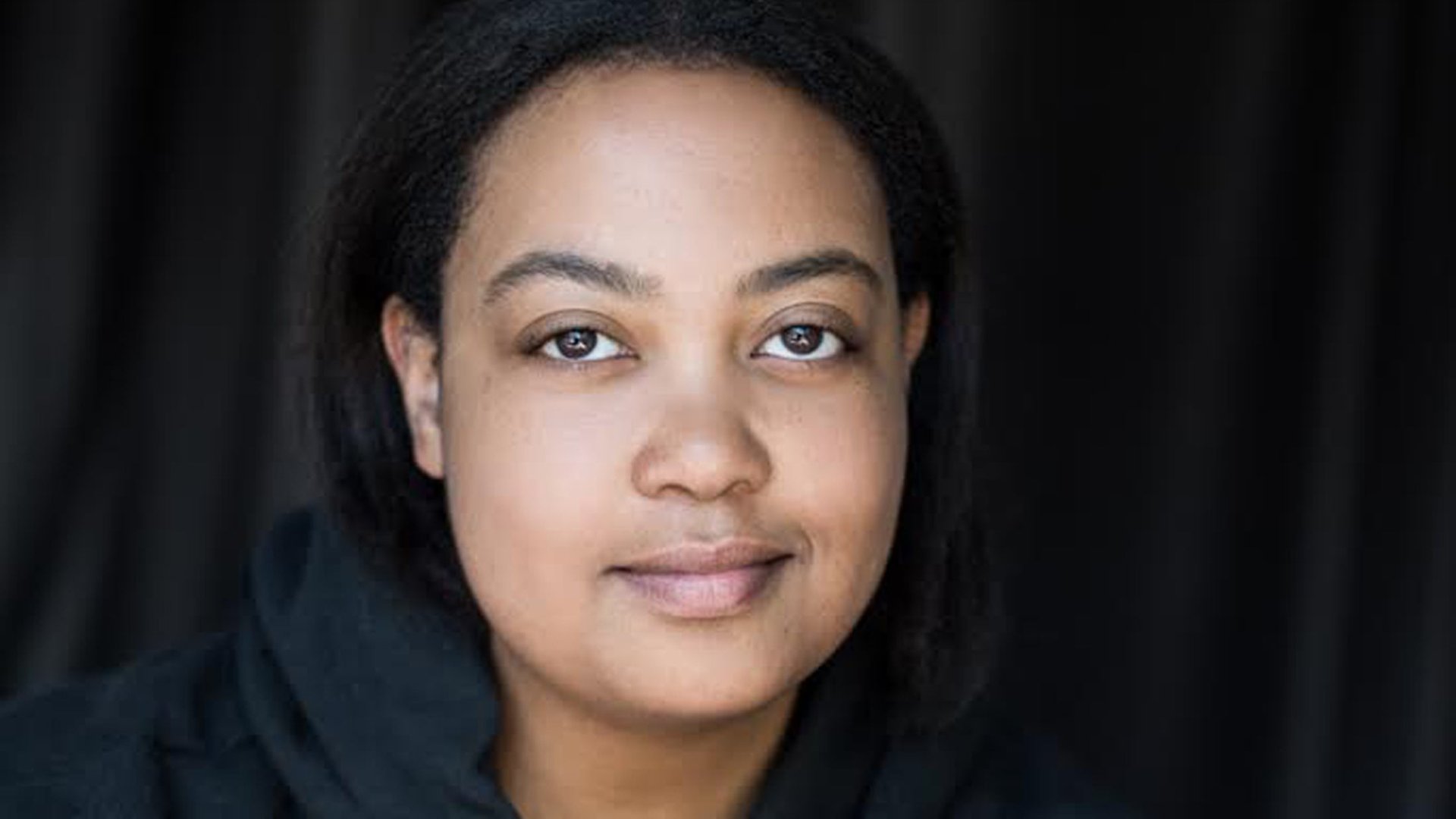A revolutionary Silicon Valley VC reveals the five traits she looks for in founders
Arlan Hamilton isn’t afraid to dismantle everything Silicon Valley stands for. As a black, queer woman who skipped college to pursue a career in the music industry, she looks nothing like the white, straight, Stanford-educated bros who dominate venture capital.


Arlan Hamilton isn’t afraid to dismantle everything Silicon Valley stands for. As a black, queer woman who skipped college to pursue a career in the music industry, she looks nothing like the white, straight, Stanford-educated bros who dominate venture capital.
And yet, having been homeless and broke just three years ago, Hamilton successfully forced her way into Silicon Valley and founded Backstage Capital, a seed investment fund that backs high-potential, underrepresented, and often underestimated startup founders. Backstage presently manages over $5 million and has invested in 80 companies and seen over 3,000—all of which have at least one co-founder who is a woman, identifies as LGBTQ, or is a person of color. She’s received investment from Silicon Valley establishment like Slack CEO Stewart Butterfield, Andreessen Horowitz partner Marc Andreessen, and Lowercase Capital founder Chris Sacca.
As CEO, Hamilton’s vision hasn’t wavered, despite countless investors who’ve told her she’s crazy. “My mission is getting money into the hands of people that should already have it, but have been ignored or underestimated,” she stated yesterday during a live conversation at The Assembly that Quartz hosted in San Francisco. “The fact that so many people are still asking whether black women can have million-dollar companies is why I’ll be rich,” she said.
Hamilton’s confidence in herself, and in otherwise marginalized founders, is contagious. It’s also profoundly necessary in today’s entrepreneurial landscape, where women received just 2% of all VC funds invested in the US in 2017, and where women of color received less than 1% of the pie.
We featured Hamilton in The Visionaries, as part of How We’ll Win, Quartz’s year-long project on the fight for gender equality at work. At last night’s How We’ll Win event in San Francisco, she described her own investment strategies.
“So much of investing right now is about pattern matching, and though you’re trying to break all the molds, how do you decide who should get the money?” one audience member asked Hamilton. “Beyond the identity of the entrepreneur as someone who is underestimated, what else do you look for that would make this entrepreneur successful?”
When she was starting out, Hamilton said, she was primarily going by her own instinct. “But I did my own pattern matching. I’m known to have a bias toward women who are pregnant, holding a baby, or you know, watching a toddler run around during a meeting,” she said. “To me that’s someone who can get some stuff done.”
Ultimately, Hamilton focuses on five characteristics when evaluating pitches.
- She says she looks for people who remind her of herself. “Would they have done what I did to get here?” she asks, referring to the perseverance it took while cold-calling Silicon Valley investors, sleeping on the San Francisco airport floor at night, and ceaselessly justifying her worth in the face of racism, sexism, and homophobia. “I just refuse to believe there’s any room that any of us do not deserve to be in,” she says.
- She prioritizes people who can embrace constructive criticism. “Taking constructive criticism is really essential, and usually you can evaluate that skill really quickly in a meeting or on a phone call,” she says, while admitting it’s something she herself sometimes struggles with. ”If someone can’t handle a 15 minute call without getting super defensive, they’re not going to be able to handle seven years of that, so that’s a big indicator.”
- She places a high value on founders who can answer questions intelligently and efficiently. “I tend to ask a lot of questions if i’m interested in something, because I want to learn more and usually I’m learning something for the first time. So I need founders who can answer many questions without defensiveness,” she says.
- Equally important is founders’ disposition toward asking her and her team many questions. Investing is a long-term partnership, so founders who want to take money without investigating how their relationship with Backstage will function are unlikely to be a good match, she says.
- “It’s truly it’s about the founders to me—their passion, drive, and reasoning.” While it’s fascinating to watch founders interact with their teams, who is on the team is not the most important factor. Hamilton interrogates founders about their motivation for creating the product or service they’re pitching. “Usually you can tell if someone is working on something that’s their own personal pain point, or if they’re working on something that they think they’ll be able to flip in two or three years,” she says. “Flipping is a great business model on its own, and one day I’ll probably have a fund that’s just flippers, but that’s not what [Backstage] is now.”
Instead, she wants to understand why a founder wants to stick through the endless ups and downs, thrills and disappointments, and financial spikes and blows necessary to build a successful company. Or as Hamilton puts it, “If I put in 50k or 100k today, why will this company still be around three years later?”
This story is part of How We’ll Win, a project exploring the fight for gender equality at work. Read more stories here.